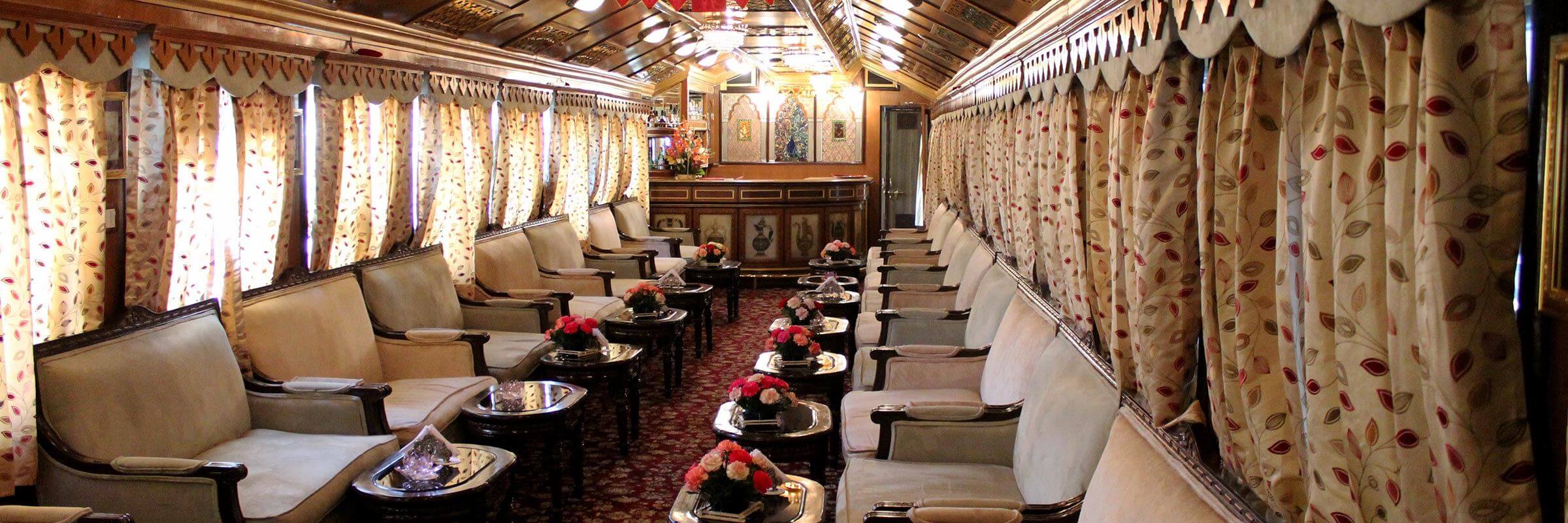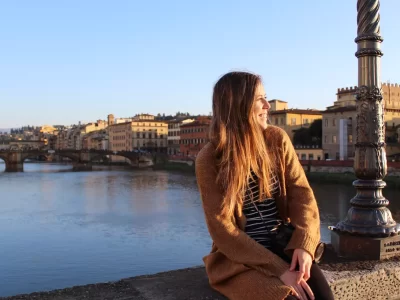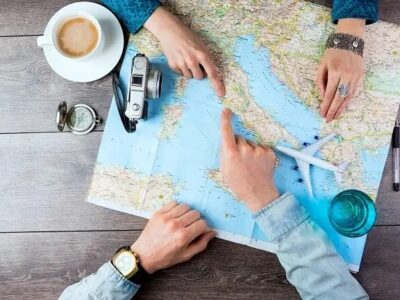The Indian Railways is one of the largest rail networks in the world operating more than 12,000 trains every single day. It carries about 25 million passengers between cities, towns, and villages, on a daily basis. No wonder people have to go through a hassling process just to get the tickets on time. Isn’t it? However, IRCTC has always tried to mitigate the problem and this is where IRCTC quotas come in. These train travel quotas are used by passengers to confirm seats on the train, though every quota has specific requirements to be fulfilled.
General Quota
One of the most used quotas in train booking is the General Quota which has the largest number of seats on the trains. You can book any ticket using the general quota 120 days before your train departure.
Tatkal Quota
IRCTC has the tatkal quota for those who have sudden plans and need to travel urgently. The ticket window for the tatkal quota opens one day before the train departure. You can book AC train tickets at 10:00 am and non-AC tickets at 11:00 am for all kinds of classes except executive class and First class.
Premium Tatkal Quota
A kind of Tatkal quota that has an increased fare is the premium tatkal quota. Most of the express and superfast trains have a few seats reserved under this quota. For premium tatkal too, you can book your tickets at 10:00 am and 11:00 am for AC and non-AC respectively.
Defence Quota
As clear from the name itself, this quota is only applicable to the defense personnel of India. However, it is usually used during transfers, home trips, and other official trips. To avail the quota, the defence personnel need to submit a form at the MCO office at the station with valid identity cards.
Physically Handicapped Quota
Also called the Divyangjan Quota, the physically handicapped quota is for all physically challenged people. As per the rules, the person is allocated two seats on the train, the lower berth for the physically challenged person and the middle one for the companion.
Ladies Quota
The Ladies Quota is for those women who are travelling alone on the train or are accompanied by a child no more than 12 years of age. It can be used by any woman as most of the trains have a few reserved seats under the Ladies Quota.
Parliament House Quota
It can be used for train booking by high officials in the government including MPs, MLAs, state ministers, cabinet ministers, center authorities, judges, and other significant people from the Parliament House. They are usually availed by the officials during urgent travel plans.
Reservation Against Cancellation
One of the most common and used IRCTC quotas, Reservation Against Cancellation (RAC) allows two passengers in a train to share the same berth. If you are on the waiting list after booking your ticket, there are high chances to get RAC seats when the chart is prepared before train departure. Generally, it is shared between two males or two females.
Foreign Tourist Quota
Under this quota, foreigners who are in India and hold valid tourist visas can book train tickets. There are limited seats available for foreign tourists on most IRCTC trains, though the fare for the ticket is often 1.5 times higher than the base price.
Duty Pass Quota
This quota is for the railway staff and is used by them as a travel pass for duties. Both retired and serving employees of the Indian Railways can book seats under the Duty Pass quota.
Apart from the above-mentioned, other IRCTC train booking quotas include Lower Berth Quota, Road Side Quota, Out Station Quota, Pooled Quota, Senior Citizens Quota, Yuva Quota, and General Road Side Quota.
Planning your train travel this weekend? Download the best train booking apps like Goibibo and get confirmed seats. Also, get a chance to avail yourself of seasonal offers and discounts on train ticket fares.













Comments